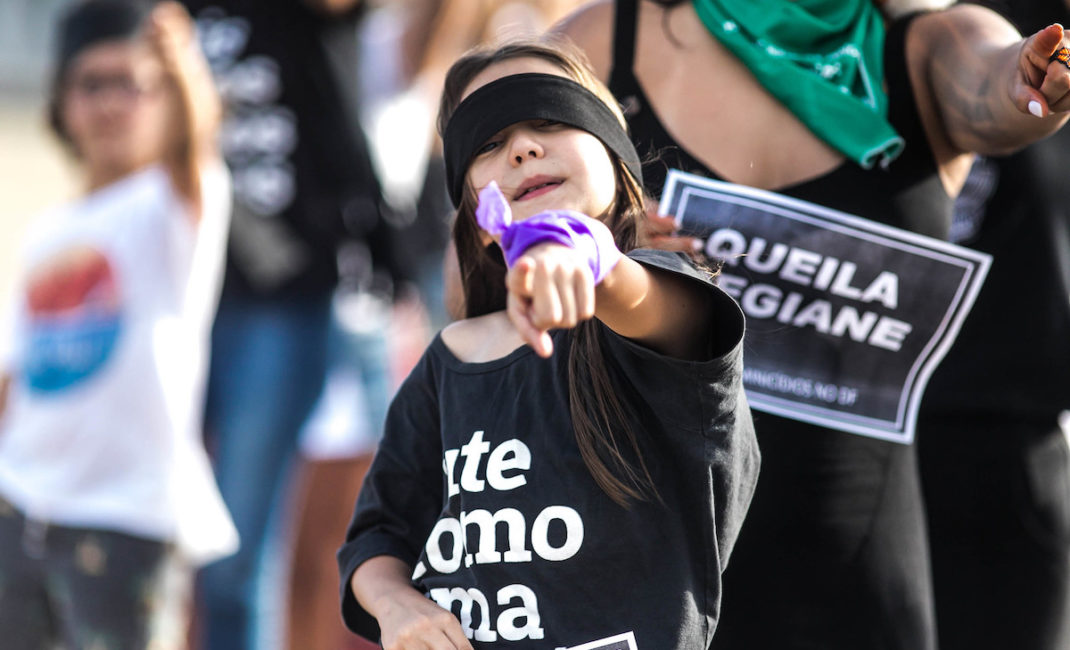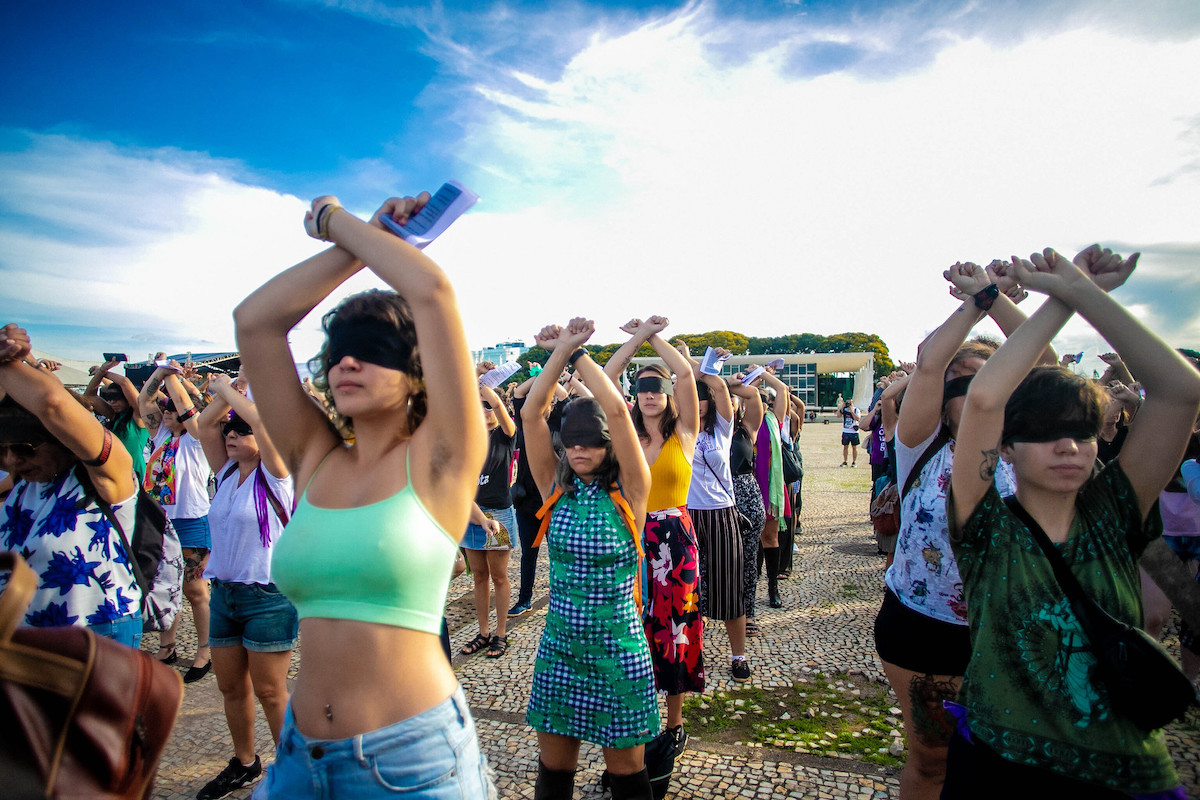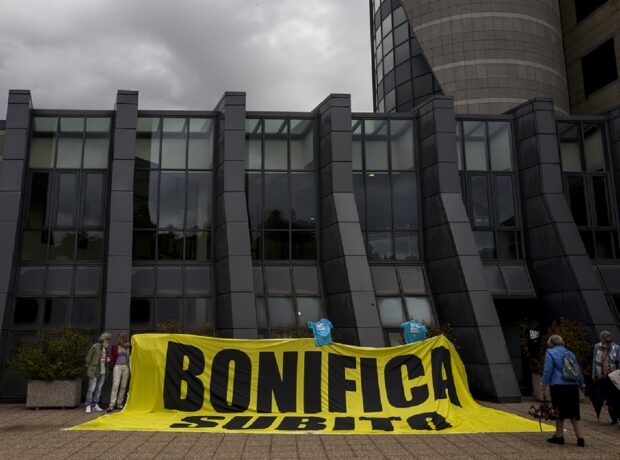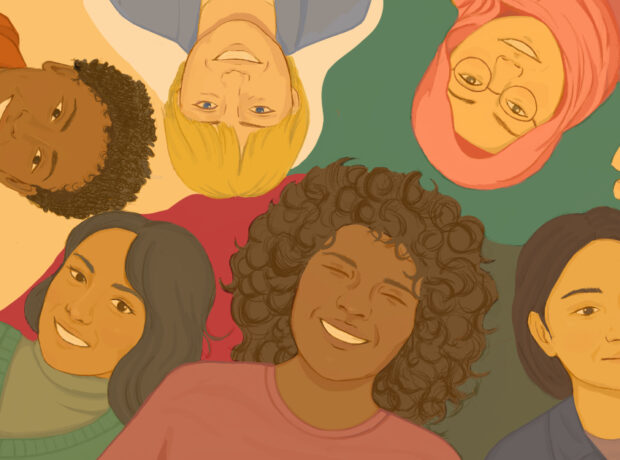“Each time a woman stands up for herself, without knowing it possibly, without claiming it, she stands up for all women” – Maya Angelou
Standing outside the police station, a large group of women are marching on the spot. They are all blindfolded. In unison, they are chanting.
“It’s not my fault, not where I was, not how I dressed.
It’s the cops,
It’s the judges,
It’s the system,
It’s the President,
This oppressive state is a macho rapist.”

A young girl dancing and singing “A Rapist in your Path” during a protest – photography by Mídia NINJA
Sometimes they break into screams and dancing. And every now and then, they all point directly in front of them, pointing perhaps at the police station, but perhaps also at us, their viewers, and they shout in unison, “the rapist is you.”
LasTesis, a Chilean theatre collective, whose four members appeared on TIME’s 2020 list of the 100 most influential people, devised this song and dance in response to a deep history of violence against women in Chile. Domestic violence remains one of the country’s most commonly-reported crimes, and femicide, the murder of a woman by a former or current partner, continues to be prevalent.
Following their protest, the members of LasTesis were investigated, due to reports of intimidating the police. They cited this investigation as further evidence of “the systematic abuse of power by this institution.”
It’s this use of poetry, space and metaphor that makes the protest so striking. By conceiving of the state as a rapist, the protesters take our eyes away from individuals and make clear in a single phrase that the state must no longer hide from accountability. Through dance, the women’s fingers can be directly pointed at the structural causes of violence against women.
The onlookers are part of the show, it appears. We are implicated when the collective finger points at us. Watching the protest, we are compelled to look beyond our own situations and contexts, and to uncover institutionalised norms that might allow violence against women to continue.
Since its first performance outside a police station in Chile, Un Violador en Tu Camino (A Rapist in Your Path) has spread all around the world, being performed in 52 countries, including France, Mexico, Kenya, India, and the USA. Whatever bright or dark colours the dancers choose to wear, whether they dance on a beach, in a town square or in the streets, the words “the rapist is you” ring in our ears. This unique protest has come to express and challenge a global history and a continuing reality of violence against women.
In this short podcast by Olivia Stanek, a recent graduate of the University of Warwick, hear LasTesis’ song while learning from activists about the context in which it arose. Stanek imaginatively explores institutionalised norms – regarding gender roles, for example – that might need to be uncovered in order to challenge self-perpetuating inequalities.
All photography by Mídia NINJA



